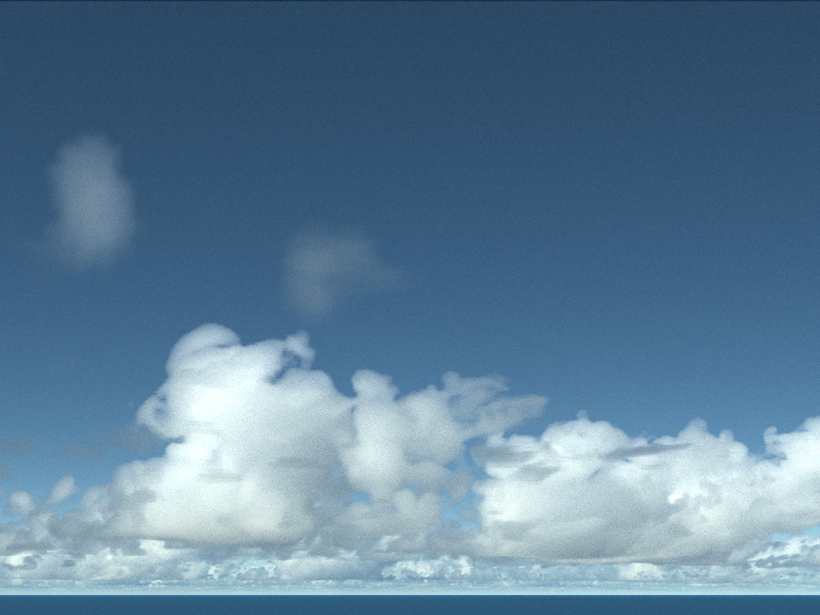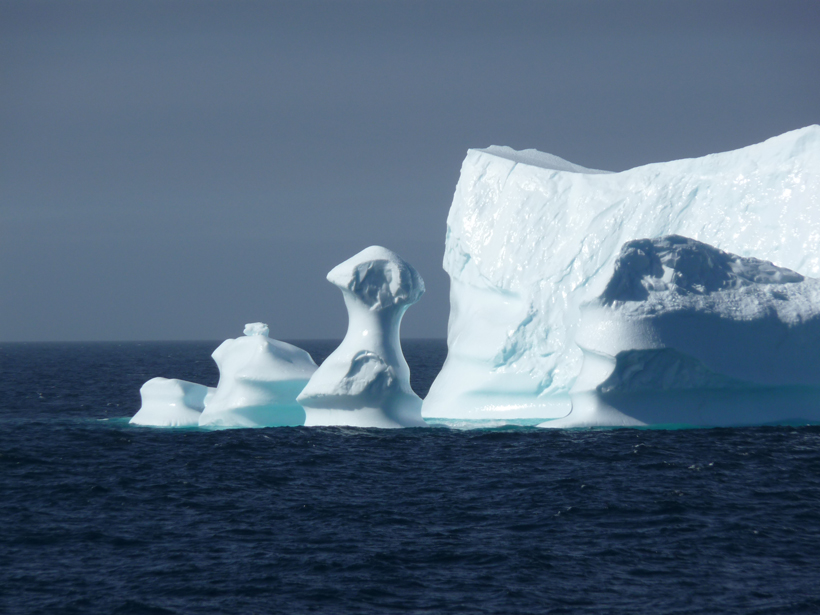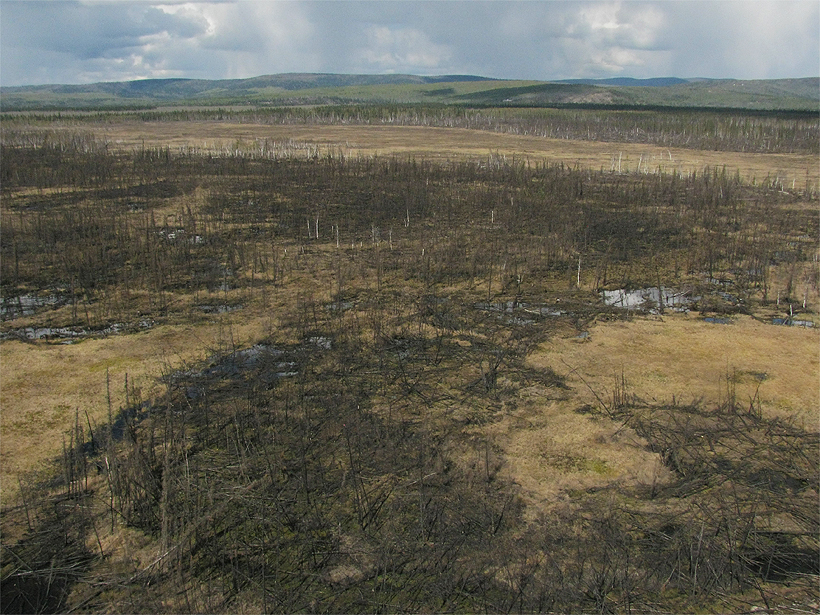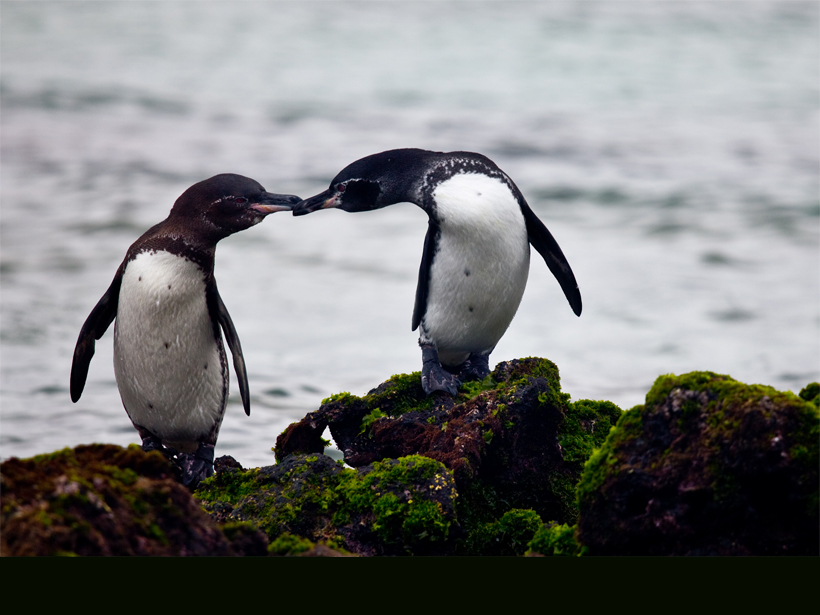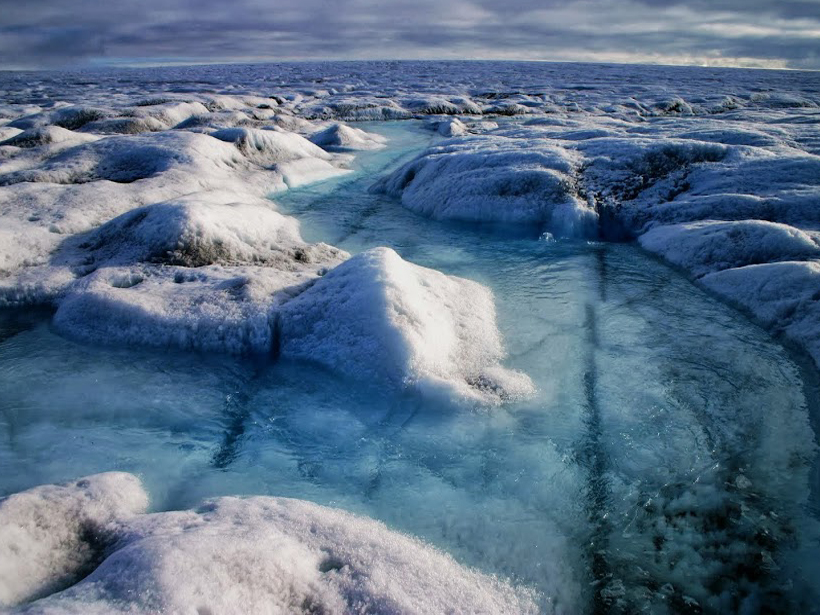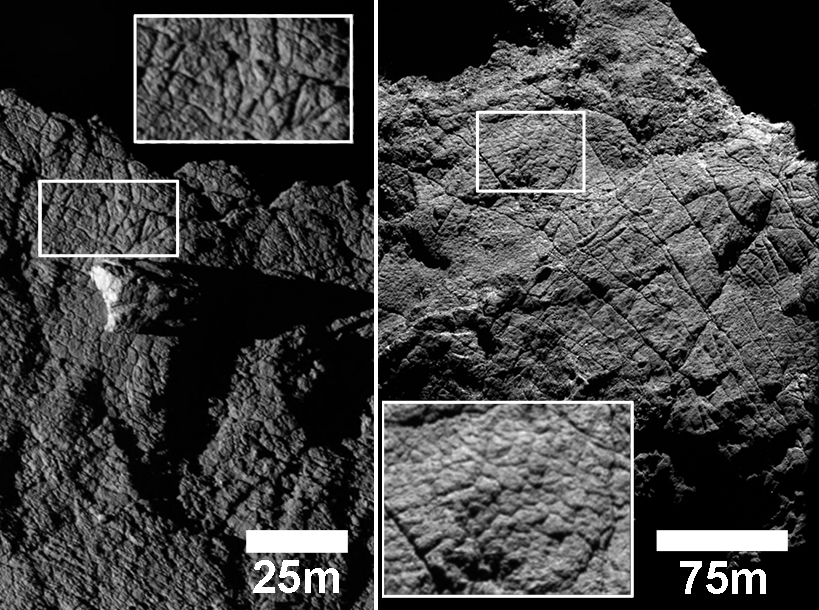Computer simulations show that although adding aerosol particles to clouds can make them more reflective, the cooling effect from clouds is largely counterbalanced by a reduction in overall cloud cover.
David Shultz
Building New Ways to Think About Arctic Freshwater
A new literature review summarizes the complex role of freshwater in the Arctic and its impact on climate and biogeochemical systems as a whole.
Tsunami Forecast System Could Provide Early Warnings in Japan
New simulations show that an array of sensors mounted to the ocean floor can capture tsunami size and wavelength.
Details of Gas Flow in Wetland Plant Roots Unearthed
Scientists track the flow of trace gases through wetland root systems to understand the role of plants in biogenic gas fluxes.
Can the North Brazil Current Help Us Understand Atlantic Water Flow?
Currents off the coast of northern Brazil can be used to study changes in the larger oceanic circulation pattern in the Atlantic, when variable winds in the regions are properly accounted for.
Alaskan Wildfires Influence Permafrost Recovery
Warming climate reduces permafrost's ability to recover following wildfires in Alaskan lowland forest.
Cooling Galápagos Sea Surface Temperatures Affect Local Penguins
The Galápagos cold pool is expanding northward as a result of climate change, and local penguin populations are rising.
Sea Level Rise Due to Warming, Weakening of Greenland Glaciers
Increasing ice temperatures and decreasing ice viscosities could lead to "thermal-viscous collapse" of the Greenland ice sheet, raising sea levels as much as 51 centimeters over the next 500 years.
Cracks on Comets Most Likely Caused by Thermal Stress
Networks of cracks in the surface of 67P/Churyumov-Gerasimenko may have originated from rapid heating and cooling of the comet's surface.
Water Waves Provide Insight into Landslides and Avalanche Models
Boussinesq-type gravity waves appear to accurately describe vertical motion in granular flows found in geophysics.

